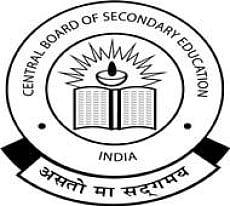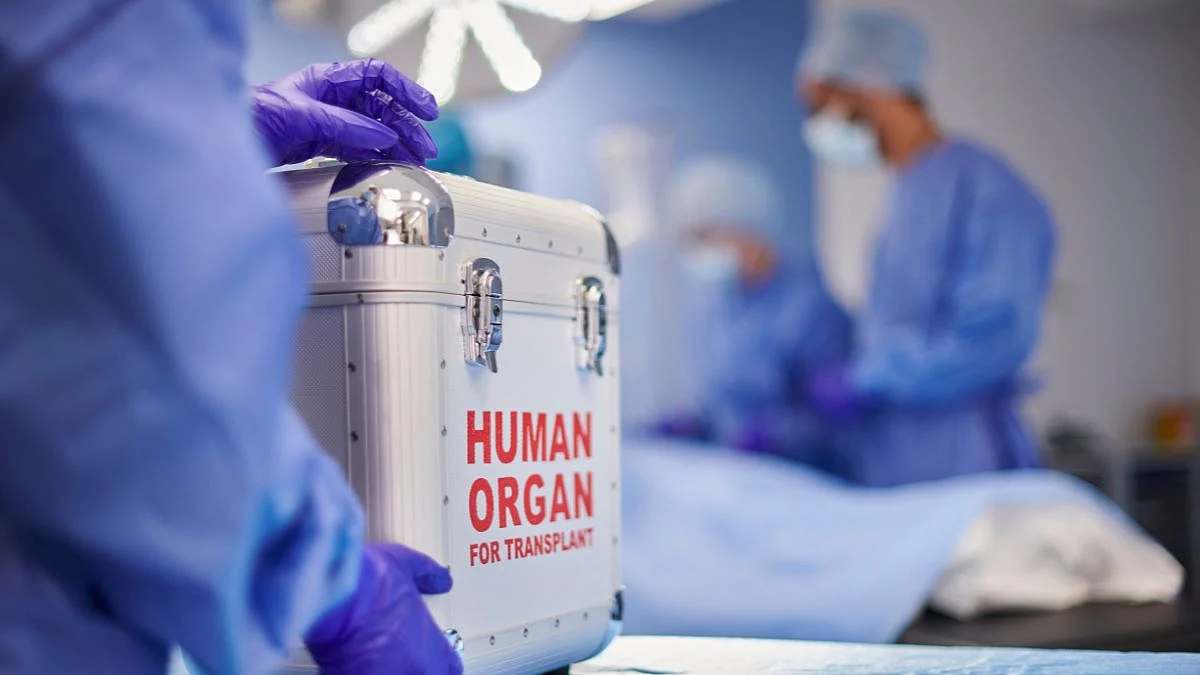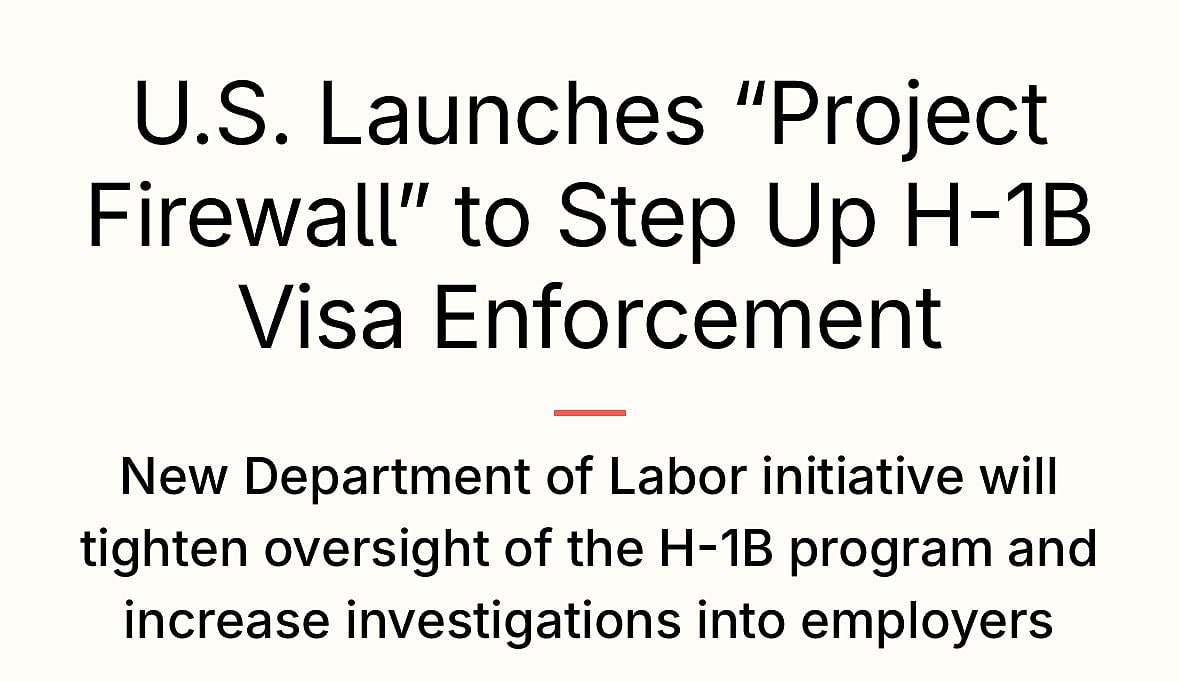The Central Board of Secondary Education (CBSE) has cleared a proposal to implement open-book evaluations (OBAs) for students of Class 9 from the 2026–27 session, after a pilot study indicated high "teacher support" for the plan, The Indian Express reported.
CBSE approves OBAs to promote application-based learning
The Governing Body, which is the highest decision-making body of the CBSE, approved it in a June meeting. According to the minutes of the meeting, OBAs will be included in three pen-paper tests every term that will include major subjects like languages, mathematics, science, and social science.
In line with the National Curriculum Framework for School Education (NCFSE) 2023 and the National Education Policy (NEP) 2020, the development plans to change emphasis from mere memorisation towards application and synthesis of information. The NCFSE explains open-book tests as those that permit students to refer to resources such as textbooks and class notes while responding to questions, determining their capacity to analyse and apply information in diverse situations.
Pilot study reveals scope and challenges of OBAs
As initially reported by The Indian Express in February 2024, CBSE had tested OBAs on Classes 9 to 12 in December 2023 to gauge feasibility, time taken for completion, and stakeholder response. Student scores varied from 12% to 47% and, according to the study, reflected challenges in applying reference materials and linking ideas between subjects. Teachers, nevertheless, perceived OBAs as a chance to cultivate critical thinking if there is concerted direction.
The Board now intends to create standardised sample papers and a model for schools to follow OBAs on a voluntary basis. While not compulsory, the tests will evaluate higher-order thinking skills, necessitating proper preparation by schools.
This is not CBSE's first venture into open-book formats. It launched the Open Text-Based Assessment (OTBA) in 2014 but abandoned it during 2017–18 after it did little to improve critical capabilities among students.










